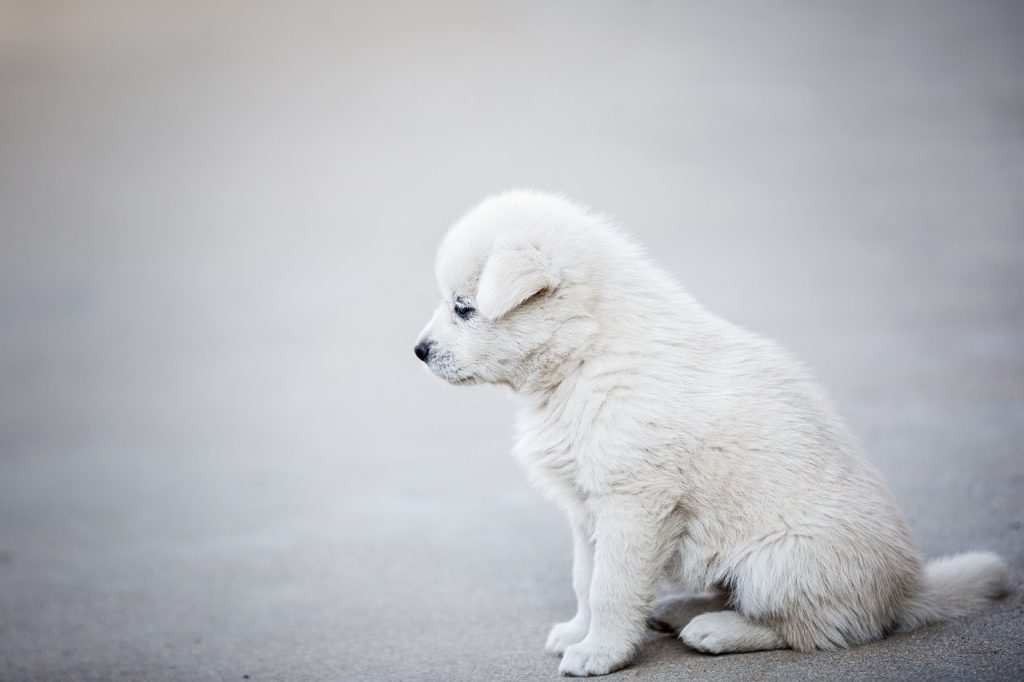Introversion, A miracle in the chaos
Part One
We have consistently been advised against comparing ourselves to others; however, at the end, those who command greater attention tend to be the focal point. Engaging in this never-ending contest has the potential to make us among the most disheartened individuals.

Growing up as an introverted kid afforded me the chance to perceive myself as an independent entity, unswayed by the need for admiration or acceptance from others. While this perspective was not consistently positive, there are instances etched in memory where I fervently sought validation from a popular classmate or hoped for recognition from family and friends who remained indifferent to me, resulting in an unfortunate experience of rejection.
Why? Primarily, I guess, due to my lack of tendency to obey the societal norms and predefined expectations, I was hesitant to compromise my inner serenity for the sake of societal approval. Presently, as I learn more about introversion, a clearer self-understanding emerges.

But, there’s a significant question that never fails to weave its way through my mind.
”what underlies the dominent perception that introversion is a sign of an inborn incapacity, and why the persistent societal pressure to adopt extroverted attributes?
I am inclined to throw light on the daily advantages I figure out as a consequence of embracing my introverted nature.
Commonly, it is asserted that the synonymous term for introversion is ‘extreme sensitivity.’ However, the notion of sensitivity often carries negative connotations. Yet, is the quality of sensitivity truly damaging?
Let us first examine the extent to which we, as introverts, heightened sensitivity.
In various species across the animal kingdom, there are observed traits of introversion and extroversion, each associated with distinct survival strategies.
In reference to some online research, scientists assert that an individual’s level of introversion or extroversion can be identified in infancy and is likely inherent, with approximately 50% being influenced by genetics and the remaining 50% shaped by environmental factors.

while those with lower reactivity typically become extroverts.
Introverts demonstrate less responsiveness to dopamine, a brain chemical linked to reward-driven learning. They tend to approach risk with attentiveness and caution compared to extroverts.
The way introverts act is mostly because of the neocortex, the brain region responsible for thinking, planning, language, and decision-making. It’s like a mix of what’s in their genes and the environmental factors that shapes whether they’re introverted or extroverted. This mix is what makes personalities so different, not just in people, but in all sorts of animals too!
Research into sensory-processing sensitivity reveals that we, as introverts, manifest heightened sensitivity to our environment, demonstrating a biological asset as robust sensors.
After exploring these research studies and confirming our inherent sensitivity, let us redirect our attention to the popular notion that associates negativity with this personality trait. I aim to demonstrate the contrary. Research indicates the countless advantages of engaging with introverted individuals in the realms of work, relationships, and beyond.

Reflecting on the great achievers in human history, individuals who triumphed after years of battling to prove their beliefs, prompts an exploration of the resilience required to stand up for what they have believed. This invites consideration about those who had the courage to keep demonstrating ideas contrary to the prevailing beliefs, to endure the prolonged periods of rejection and a lack of popularity.
In this self-reflection journey, we wonder if those who have faced years of adversity and aren’t swayed by wanting to be liked by everyone are the ones who become catalysts for progress. The pursuit of being the favored or popular figure rarely influences those who dare to challenge norms, as they willingly embrace the solitude that often accompanies introverion.

Turning the lens to my reminiscences of childhood, I was never afraid of what people would think about the things I liked to do. Fear of societal judgment never hindered the pursuit of my passions. Knowing that I had little to lose in terms of fitting in or being popular freed me to be myself instead of trying to please everyone else.
Being an introverted kid liberated me to embrace authenticity over popularity. The high cost of seeking favoritism or popularity made me question the necessity of being obedient to societal expectations. Thus, I focused on doing things that genuinely made me happy, prioritizing the pursuit of genuine enjoyment and emphasizing the value of personal fulfillment over societal accolades.
Leave a Reply